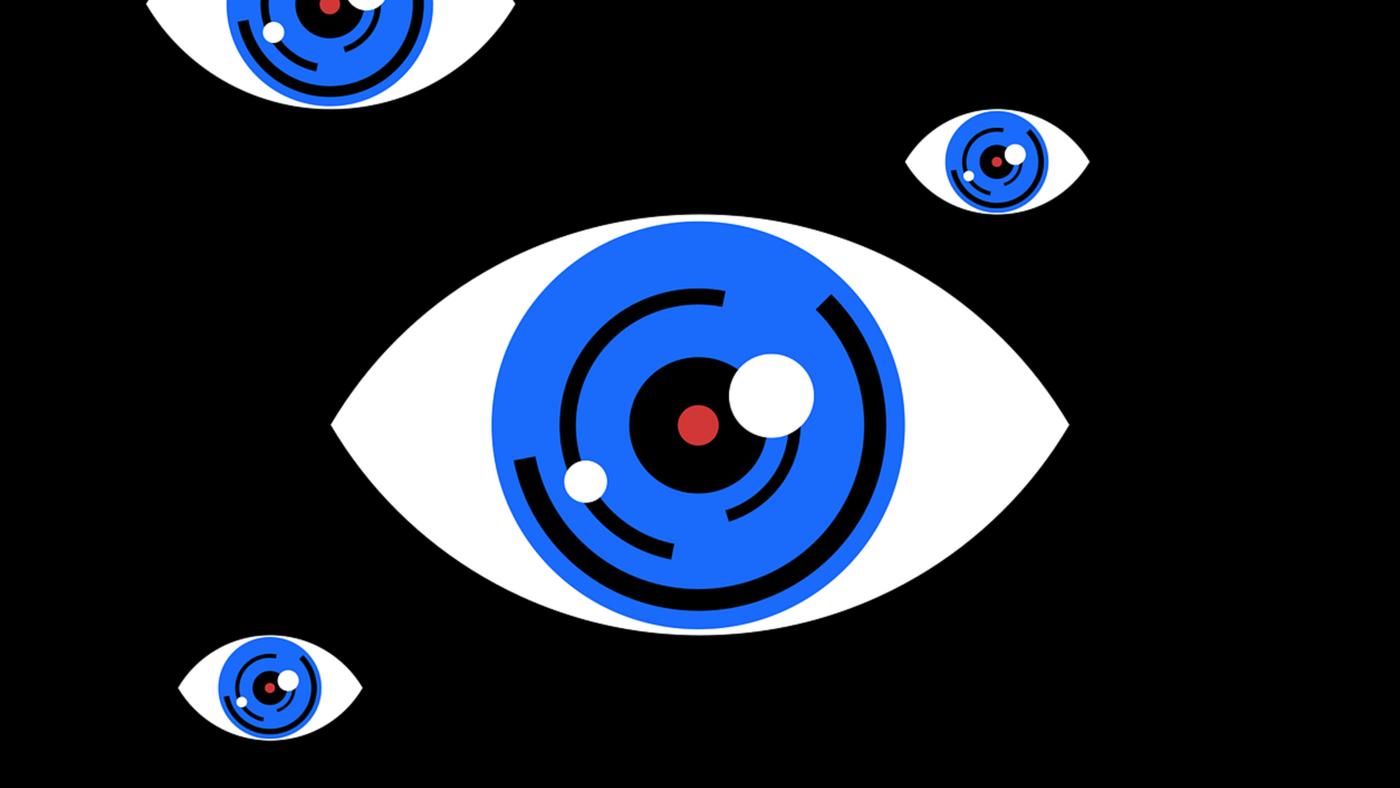Integral Assessment Framework for Research
How should UU deal with research on ethical concerns?

How should scientists go about using artificial intelligence in their research? What should they watch out for when receiving funding from the fossil fuel industry? How can UU safely collaborate with scientists from countries like China and Iran? Recent demonstrations on campus increased the pressure on the university to take a more critical look at its collaborations and responsibility to contribute to a better world.
Ethical consideration framework
Climate activists occupied a university building last year to demand the university sever all ties with the fossil fuel industry. This year, pro-Palestine activists held several demonstrations to demand an academic boycott of Israeli universities.
These protests made UU speed up a framework for all forthcoming collaborations. The Integral Assessment Framework for Research (Solis ID required, Ed.) compiled various frameworks, guidelines and codes of conduct about the risks and ethical concerns to be considered when collaborating with other universities, research institutes and companies.
Recently, UU added a human rights violations test to the consideration framework for knowledge safety. The guidelines for the fossil fuel industry and artificial intelligence are still being worked out. These should be finished by spring 2025 at the latest.
Reputation damage
In addition, the framework states that the university does not want researchers to take "unacceptable" risks that could damage UU's reputation because a collaboration partner has "regularly been portrayed negatively in the news" or is the subject of a public debate. If a project potentially leads to reputational damage, permission from the university administration is “always required”.
The integral framework does not specify which research is allowed and which is prohibited. Scientists are referred to the Research Support Office in case of risks to knowledge security as the office coordinates complex issues with the dean. If scientists doubt whether a new collaboration complies with the framework, they need to get the dean's permission.
Fossil industry
Components of the Integral Research Framework include the ethical aspects of research, data, knowledge security and reputational damage to UU. The university administration is "cautious" about collaborations with defence, as well as the tobacco, fossil and weapons industries.
Last year, UU only entered into collaborations with fossil fuel companies if they "demonstrated a commitment" to the energy transition and the Paris Climate Agreement.
Knowledge security
Knowledge safety is another component of the integrated assessment framework. The Knowledge Security Consideration Framework aims to "identify the risks around collaborations with countries outside the European Union at an early stage."
"Knowledge institutions - including Utrecht University - are increasingly targeted by data theft, espionage activities (digital or otherwise) and unwanted influence" from authoritarian regimes. For example, it is legally forbidden to cooperate with countries on the EU sanctions list. Russia is one of the countries on the list, as are several Iranian universities.
Israeli collaborations
Recently, a test for human rights violations was added to the Knowledge Security Assessment Framework. Under pressure from pro-Palestine demonstrators, the university administration decided to test current collaborations with Israeli universities and institutions against the Knowledge Security Assessment Framework even though the framework is primarily meant to test new - and not already existing - partnerships. UU concluded that the risk of a deterioration of the human rights situation was very low and the studies were not relevant to Israeli defence, allowing the collaborations to go ahead. UU is reluctant to enter into new collaborations with Israel.